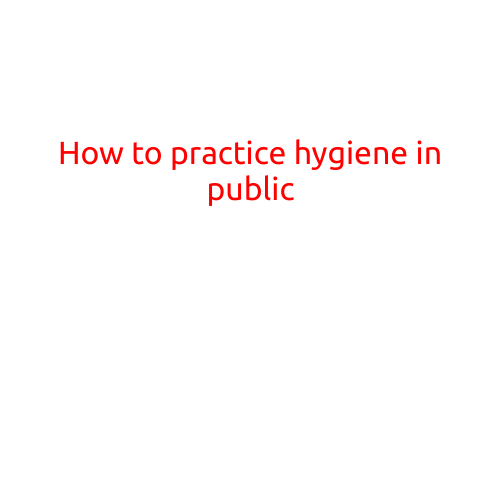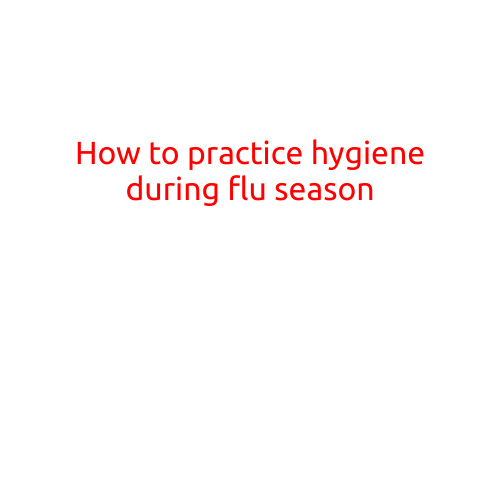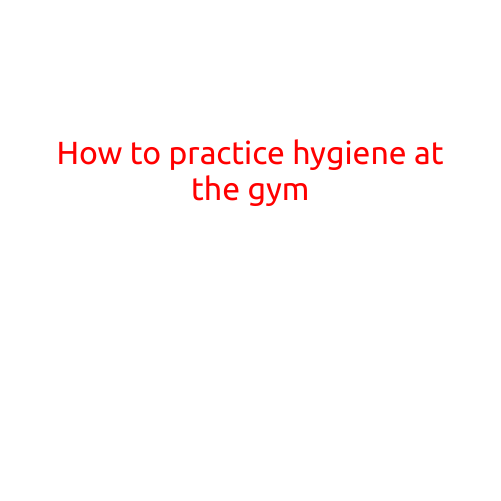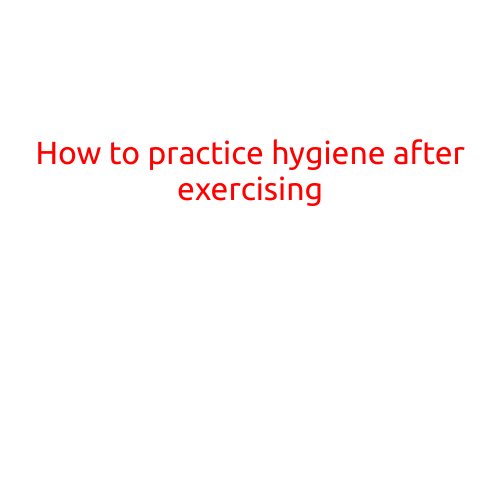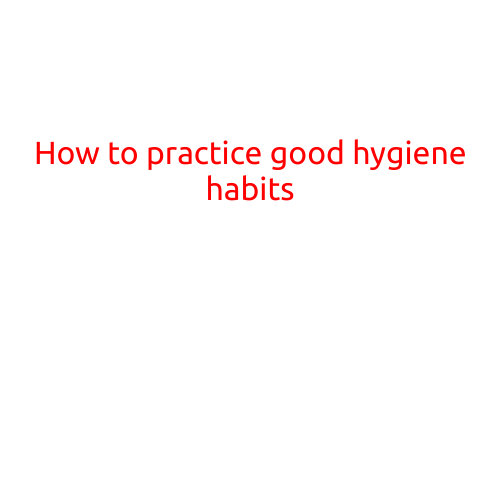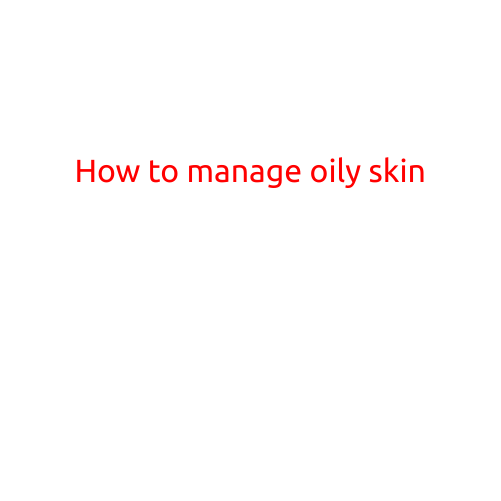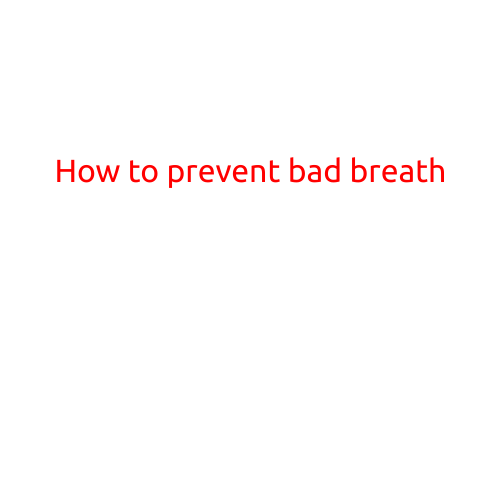
How to Prevent Bad Breath
Bad breath, also known as halitosis, is a common condition that can be embarrassing and frustrating. Not only can it be a source of self-consciousness, but it can also be a sign of underlying health issues. Fortunately, preventing bad breath is relatively easy with a few simple habits and precautions. In this article, we’ll explore the ways to keep your mouth fresh and breath sweet.
Causes of Bad Breath
Before we dive into how to prevent bad breath, it’s essential to understand what causes it. Common causes of bad breath include:
- Poor oral hygiene: Infrequent brushing and flossing can lead to the buildup of plaque and bacteria in the mouth, which can cause bad breath.
- Gum disease: Gum disease, also known as periodontitis, is a bacterial infection that can cause bad breath.
- Dry mouth: A lack of saliva can cause bacteria to multiply and produce strong-smelling compounds.
- Certain medical conditions: Certain medical conditions, such as diabetes, sinus infections, and gastrointestinal disorders, can cause bad breath.
- Diet: Consuming certain foods, such as onions, garlic, and spicy meals, can temporarily cause bad breath.
- Poor digestion: Poor digestion can lead to the buildup of toxins in the body, which can be released through the breath.
How to Prevent Bad Breath
Now that we’ve covered the causes of bad breath, let’s explore the ways to prevent it:
- Brush and Floss Regularly: Brushing and flossing your teeth at least twice a day is essential to remove plaque and bacteria that can cause bad breath. Make sure to brush your tongue and the roof of your mouth as well.
- Use a Tongue Scraper: Bacteria can accumulate on the surface of your tongue, which can cause bad breath. Using a tongue scraper can help remove these bacteria and keep your tongue clean.
- Rinse with Mouthwash: Mouthwash can help kill bacteria and freshen your breath. Look for a mouthwash that contains antibacterial ingredients.
- Stay Hydrated: Drinking plenty of water can help keep your mouth moist and wash away bacteria that can cause bad breath.
- Chew Sugar-Free Gum: Chewing sugar-free gum can stimulate saliva production and help wash away bacteria and food particles.
- Practice Good Oral Hygiene: Regular dental cleanings and check-ups can help prevent bad breath by removing tartar and plaque from the teeth and gums.
- Avoid Smoking and Tobacco Products: Smoking and tobacco products can dry out the mouth and cause bad breath. Quitting these products can go a long way in preventing bad breath.
- Eat a Balanced Diet: Eating a balanced diet rich in fruits, vegetables, and whole grains can help keep your mouth healthy and prevent bad breath.
- Avoid Consuming Strong-Smelling Foods: Avoid consuming foods that can cause bad breath, such as onions, garlic, and spicy meals.
- Visit Your Dentist Regularly: Regular dental check-ups can help detect any underlying oral health issues that may be causing bad breath.
Additional Tips
In addition to the above tips, here are a few more ways to prevent bad breath:
- Avoid eating too quickly, as this can lead to swallowing air, which can cause bad breath.
- Avoid chewing gum or eating certain foods that can cause digestive issues, such as beans or cabbage.
- Consider using a breath freshening spray or mints as an additional layer of protection against bad breath.
- If you have a dry mouth, consider using a saliva substitute or mouthwash to help stimulate saliva production.
Conclusion
Preventing bad breath is relatively easy with a few simple habits and precautions. By practicing good oral hygiene, staying hydrated, and avoiding certain foods and habits, you can keep your mouth fresh and your breath sweet. Remember to visit your dentist regularly to detect any underlying oral health issues that may be causing bad breath. With these tips, you can say goodbye to bad breath and hello to fresh, clean breath!
